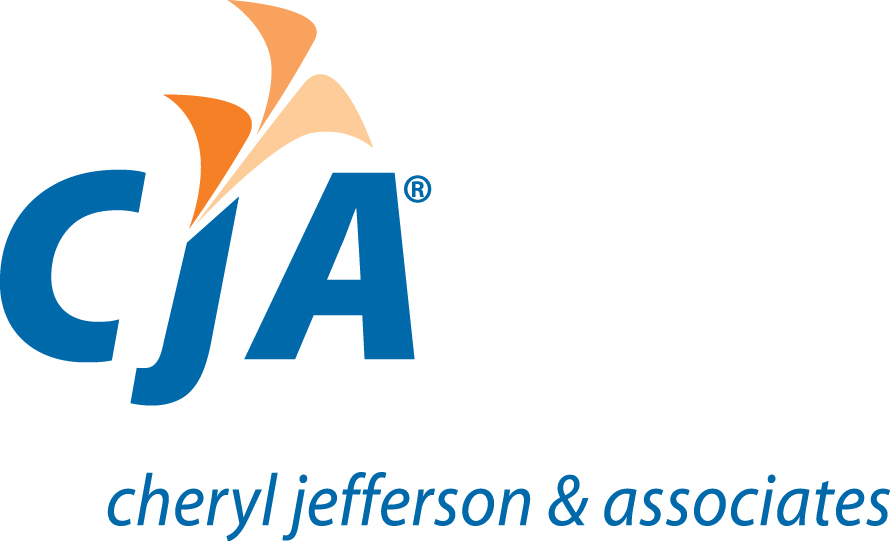Financial Forecasting Techniques for Small GovCons: Ensuring Long-Term Success
For small government contractors, financial forecasting plays a crucial role in decision-making, risk mitigation, and planning for sustainable growth. In this blog post, we will explore essential financial forecasting techniques that small GovCons can adopt to make informed decisions about their finances and drive long-term success. We will cover cash flow forecasting, budgeting, and financial modeling, helping these businesses avoid financial pitfalls and navigate the unique challenges of the government contracting space.
Financial Forecasting Techniques for Small GovCons
Cash Flow Forecasting
Cash flow forecasting is a vital technique for small GovCons to predict their incoming and outgoing cash over a specific period. Accurate cash flow forecasting enables better financial planning and helps businesses avoid cash shortages and late payments. Here are some key steps to create an effective cash flow forecast:
- Historical Analysis: Begin by analyzing historical cash flow data to identify patterns and trends. Consider factors such as billing cycles, payment terms, and seasonal fluctuations.
- Revenue Projections: Based on existing contracts and anticipated new business, project your revenue for the forecast period. Be conservative in your estimates to avoid overestimating cash inflows.
- Expense Projections: Carefully estimate your fixed and variable expenses, including direct labor, materials, overhead, and administrative costs. Use historical data and consider inflation and potential cost fluctuations.
- Government Payment Delays: Take into account potential delays in receiving payments from government contracts, which are common in the GovCon space. Understanding these delays will help you plan for any cash flow gaps.
- Cash Reserve Management: Build a cash reserve to handle unforeseen events or contract delays. This reserve will act as a buffer during lean periods and prevent cash flow disruptions.
Budgeting
Budgeting is a fundamental financial planning technique that helps small GovCons allocate resources effectively and measure their performance against set financial goals. Here’s how to create a comprehensive budget:
- Revenue Budget: Develop a revenue budget based on expected contract awards, projected sales, and revenue from existing contracts. Ensure it aligns with your cash flow forecast.
- Expense Budget: Create a detailed expense budget that includes all operational costs, direct project expenses, and overhead. Regularly monitor actual expenses against the budget and adjust accordingly.
- Project Budgets: For GovCons with multiple contracts or task orders, create individual project budgets. This allows you to assess each project’s profitability and make informed decisions about resource allocation.
- Variance Analysis: Regularly analyze the variance between budgeted and actual performance. Identify the reasons for any significant deviations and take corrective actions promptly.
Financial Modeling
Financial modeling involves creating mathematical representations of a business’s financial performance. It enables small GovCons to evaluate various scenarios, make data-driven decisions, and plan for long-term growth. Here are some key aspects of financial modeling:
- Sensitivity Analysis: Conduct sensitivity analysis by adjusting key variables such as revenue, expenses, and project timelines to understand their impact on financial outcomes. This helps you identify potential risks and opportunities.
- Scenario Planning: Develop different financial scenarios based on best-case, worst-case, and most likely outcomes. By preparing for multiple scenarios, you can respond swiftly to changing market conditions.
- Capital Investment Decisions: Use financial modeling to assess the feasibility of capital investments, such as purchasing equipment or expanding operations. This ensures wise allocation of resources and reduces the risk of financial strain.
In conclusion, small GovCons can leverage cash flow forecasting, budgeting, and financial modeling to make informed decisions and achieve long-term success. By understanding their cash flow patterns, creating comprehensive budgets, and employing financial models to analyze various scenarios, these businesses can navigate the complexities of the GovCon space and pave the way for sustainable growth. Regularly reviewing and updating these financial forecasts will help them adapt to changing market conditions and stay ahead of the competition in the government contracting space.
Are you a Government Contractor? Virtual CFO provides GovCon-centric strategic accounting for small businesses providing services in technology, architecture, engineering, aerospace, and project management industries.
We know your pain points – let us help you relieve them – schedule a consult.

